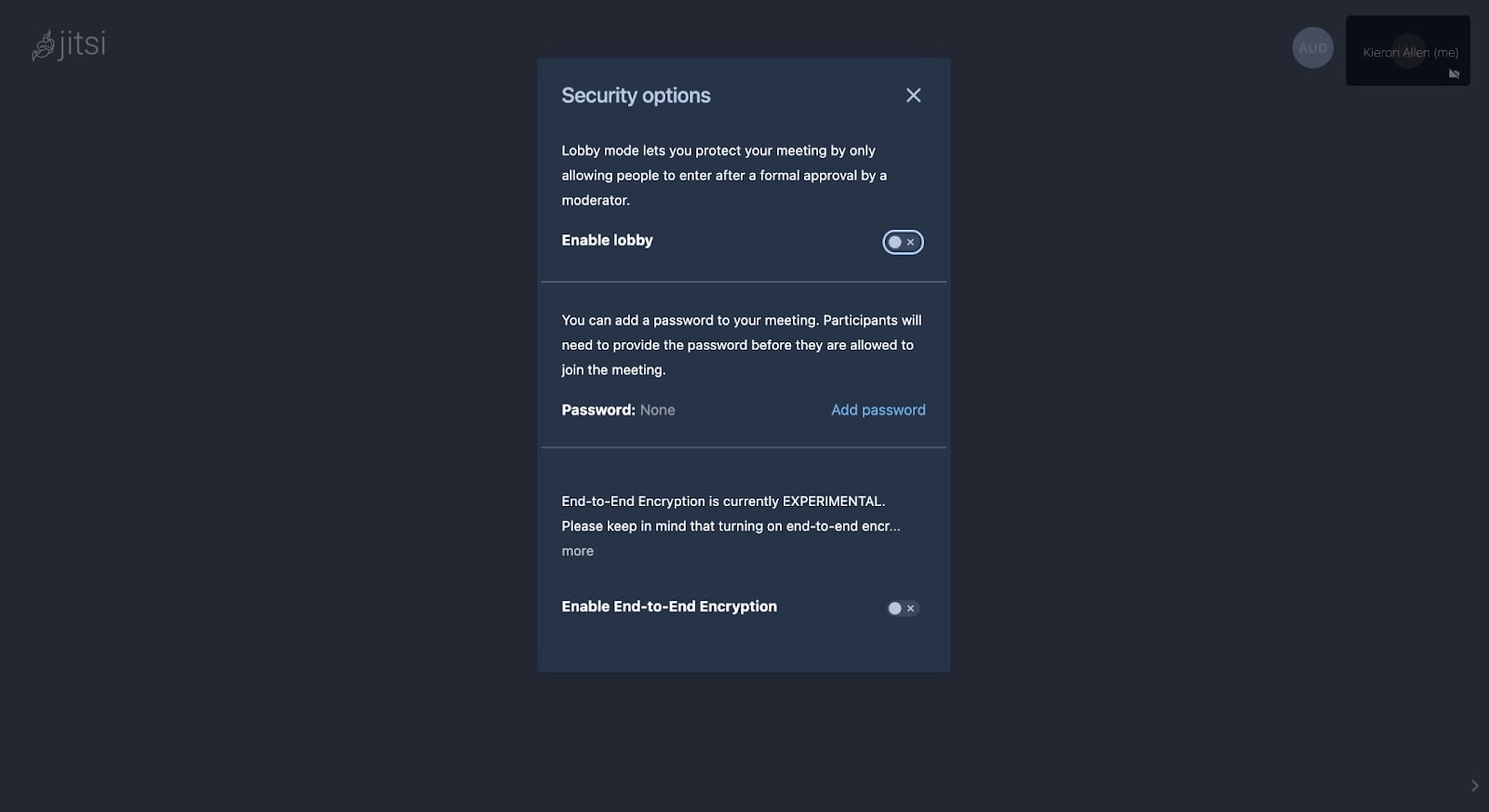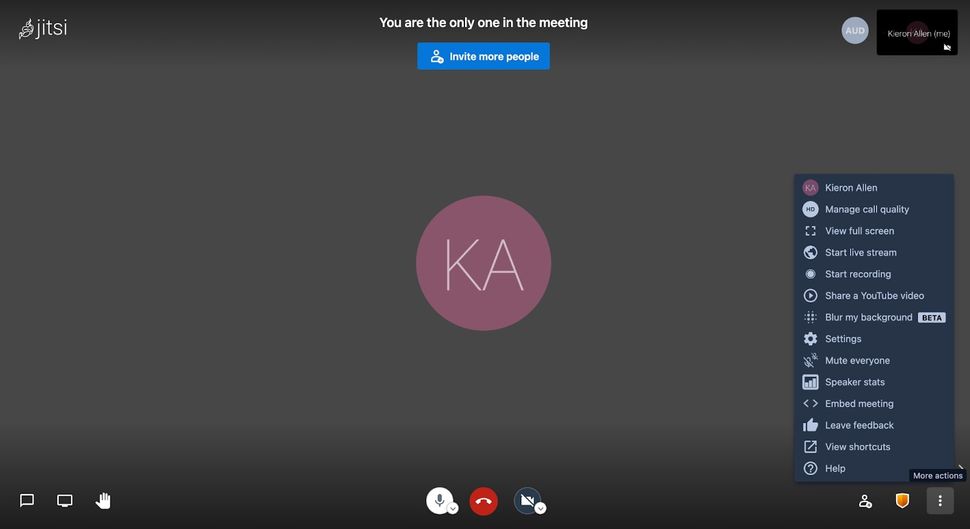
Then it'll ask about an SSL certificate pick "Generate a new self-signed certificate". The installer will ask you for the hostname of your Jitsi Meet instance set that to the same FQDN you entered earlier. # Retrieve the latest package versions across all repositories
Jitsi meet iso install#
Install the Jitsi Meet packages # Ensure support is available for apt repositories served via HTTPS

Open 80/TCP, 443/TCP and 10000/UDP on your firewall, making sure those ports are forwarded to your Pi if it's behind a NAT. I assume you already have an FQDN set up in DNS that you want to use for this Jitsi install - suppose that's .įirst, change the hostname on the machine to match that:Ĭurl | sudo sh -c 'gpg -dearmor > /usr/share/keyrings/jitsi-keyring.gpg ' echo 'deb stable/ ' | sudo tee /etc/apt//jitsi-stable.list > /dev/null Open ports in your firewall In slightly more detail: Set up your Fully-Qualified Domain Name Generally speaking this means you'll need to follow the instructions at, but stop before the Let's Encrypt certificate step.
Jitsi meet iso how to#
If you're not familiar with how to get started writing that disk image to a microSD card there's a tutorial you can follow at for this step. You'll want to set that up the same way you would any other distribution for a Pi, and set yourself up for SSH access if you don't have a conveniently-placed keyboard connected to your Pi. The default username and password on that are both "ubuntu" it will prompt you to set a new password on first login. You can get this from - I used the 64-bit image for Raspberry Pi 4. This guide assumes you already have a DNS name set up with an A record pointing to the public IP address of your Raspberry Pi.

I also tried to use distribution packages instead of manually downloading individual deb files throughout. I used Ubuntu 21.04 because I'm more familiar with Ubuntu than with Raspbian, and using an arm64 OS makes the setup easier than on armhf. I did this because I'd rather set up Jitsi Meet on a Raspberry Pi I already own than add a dedicated VPS (and pay AWS's bandwidth costs) just for that. The biggest difference is this is designed to work with a Pi running Ubuntu Server 21.04 instead of Raspbian. It is adapted from Jitsi's quick install guide and the Jitsi on ARM guide written by crouchingtigerhiddenadam. This guide helps you host your own Jitsi server on a Raspberry Pi 4B. Jitsi Meet install on a Raspberry Pi 4 with Ubuntu Server 21.04


 0 kommentar(er)
0 kommentar(er)
